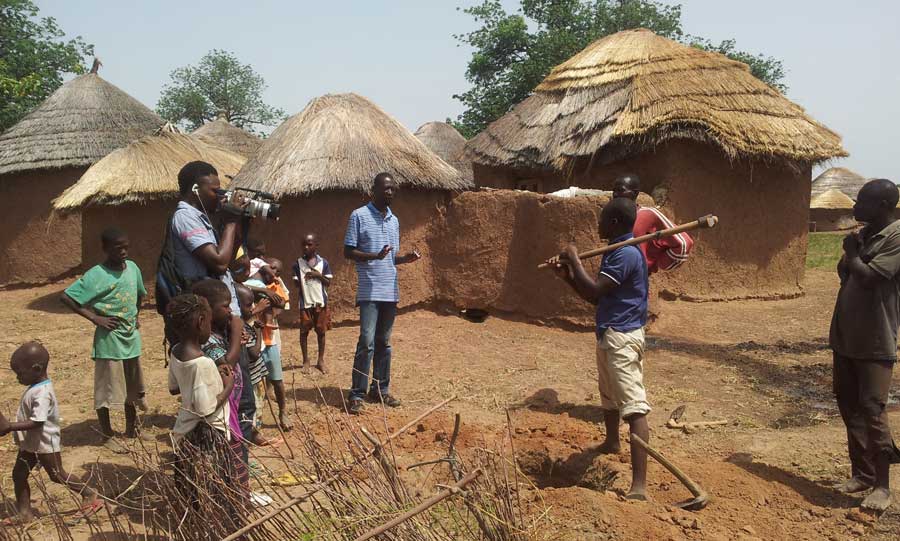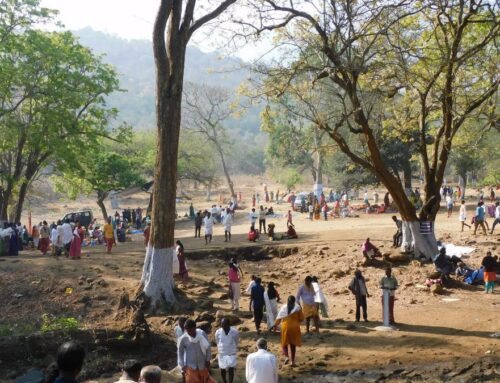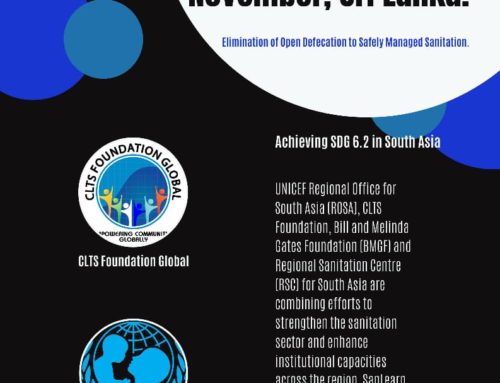Members from CLTS Foundation are currently in Ghana to conduct institutional triggering in the Volta, Northern and Upper West regions of the country. During the visit, the team will meet with the national and regional ministers, administrative heads at the district level and other key stakeholders to accelerate strategic action to achieve ODF regions. CLTS was introduced in Ghana in the year 2010 through a partnership between CLTS Foundation and UNICEF Ghana to work with the Government of Ghana in five select regions namely the The Volta, Central, Northern, Upper East and Upper West regions. Focused advocacy, training and capacity building inputs and support have helped select districts in these regions to make considerable progress in achieving ODF communities, compared to the other regions within these regions. There have been several challenges in scaling up CLTS with quality in the entire country and therefore the progress towards achieving its Millennium development goals on sanitation have been very slow. Currently the access to sanitation in Ghana stands at a national average of 15%, a long way from its MDG goal of 52%.
One of the biggest challenges towards accelerating sanitation efforts in Ghana have been the absence of effective inter and intra institutional coordination among key stakeholders involved in implementing CLTS. As primary holders of responsibility for the successful implementation of CLTS, building of adequate capacity is required amongst the regional ministers and district leaders to take ownership of the process and its outcomes, and to lead its implementation and follow-up through effective partnerships. CLTS Foundation’s current visit aims at triggering the political will and action required at the regional and district levels to drive CLTS efforts and to develop a roadmap for scaling up CLTS with quality in Volta, Northern and Upper West regions of Ghana.
Date: May 17, 2015




Leave A Comment